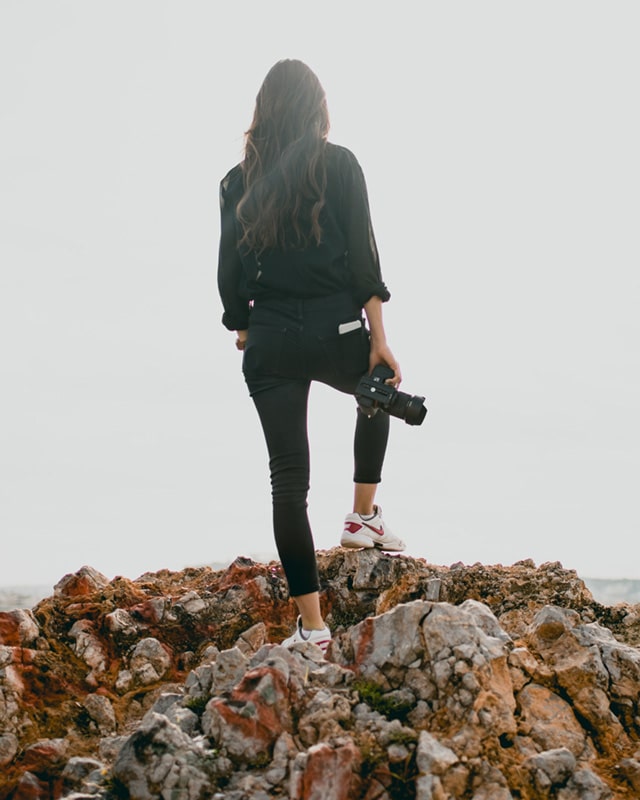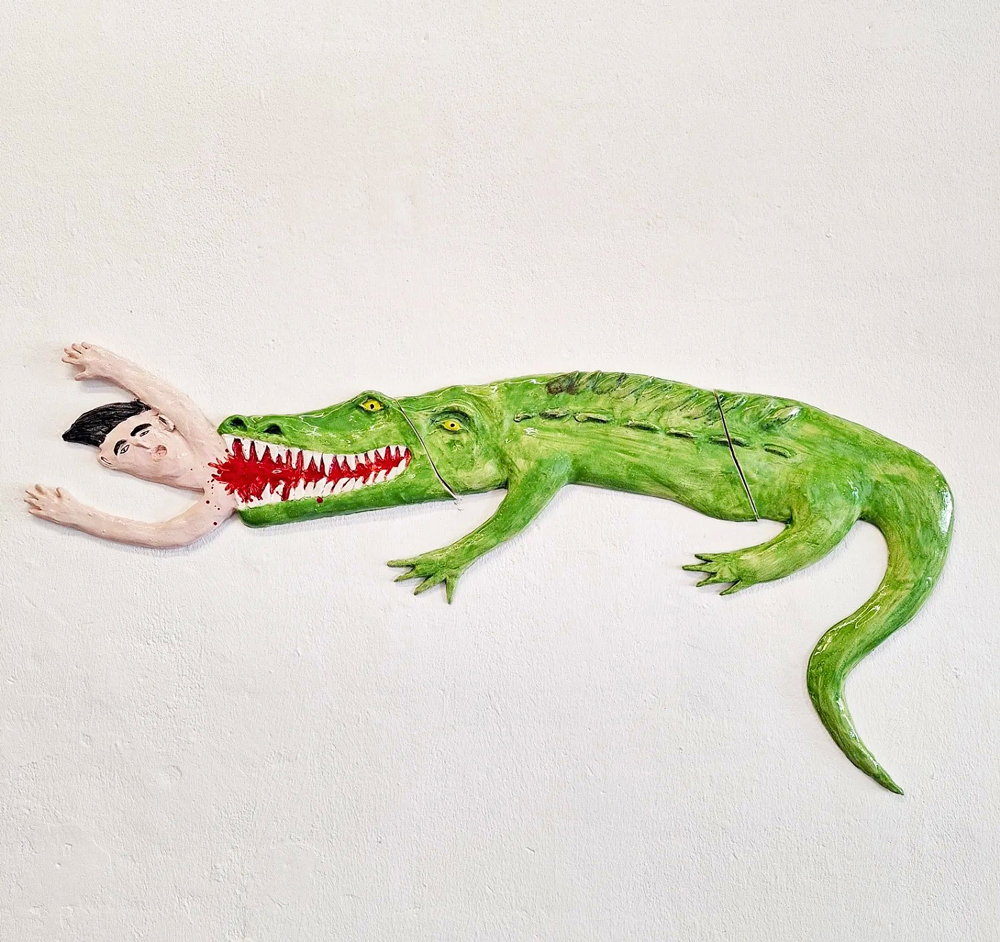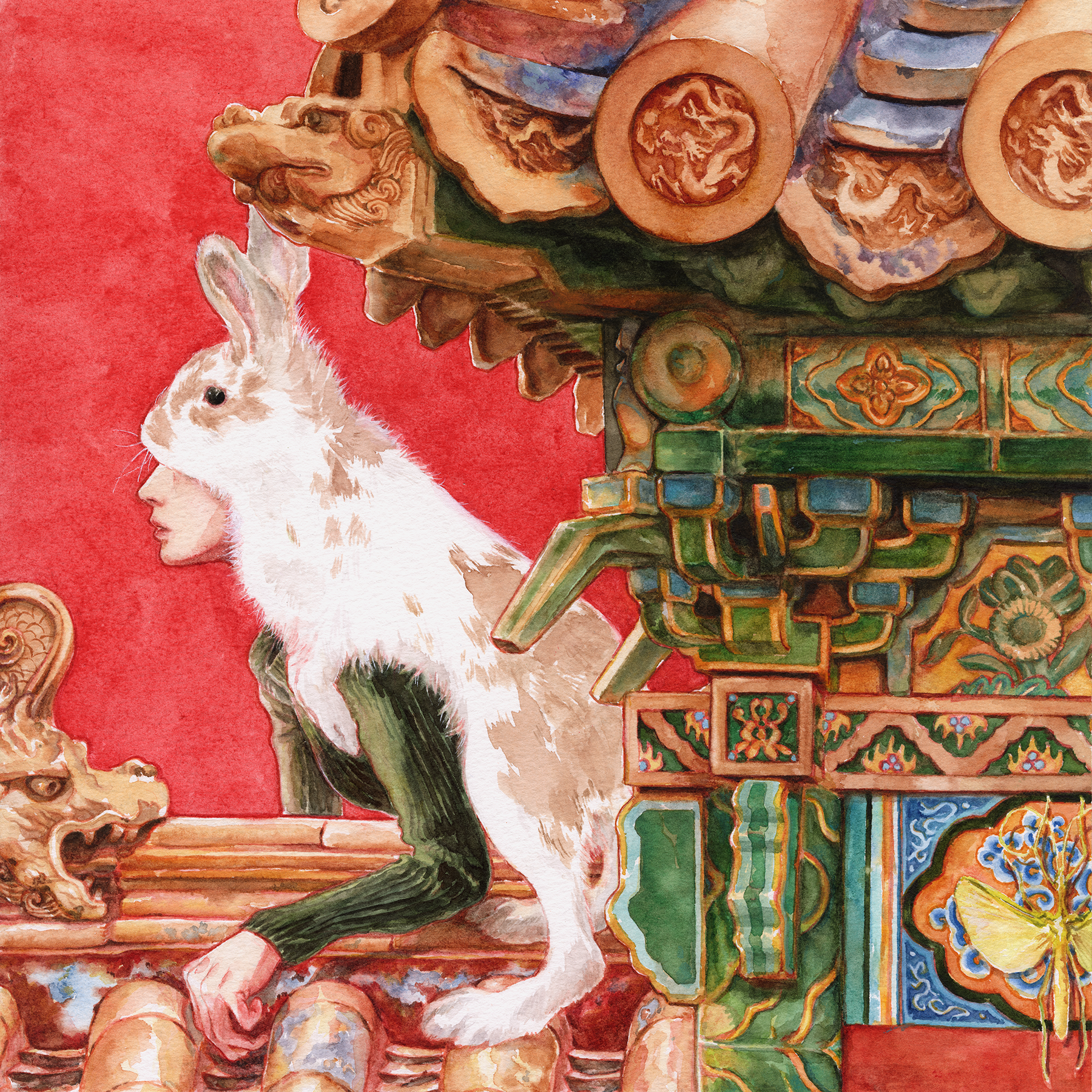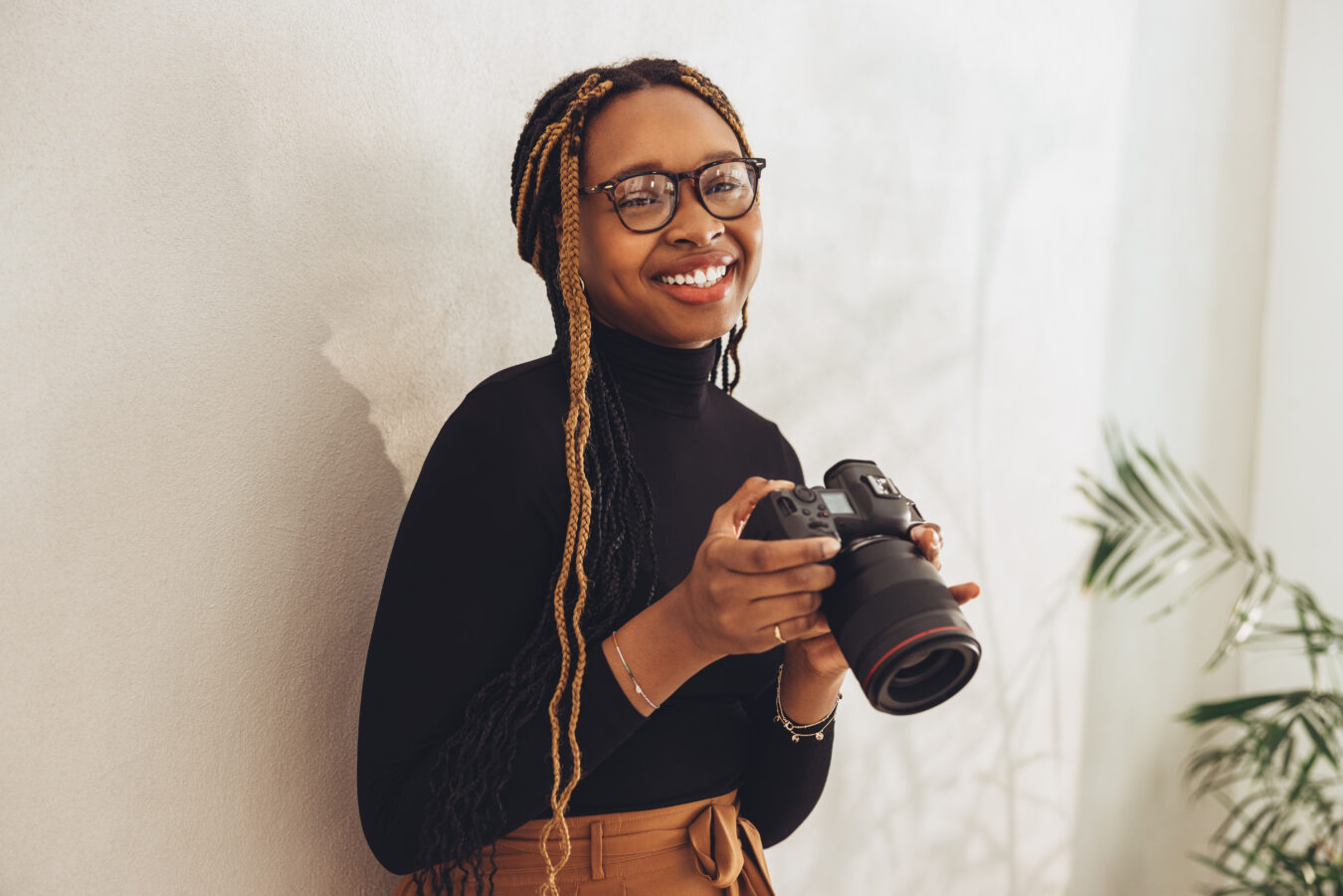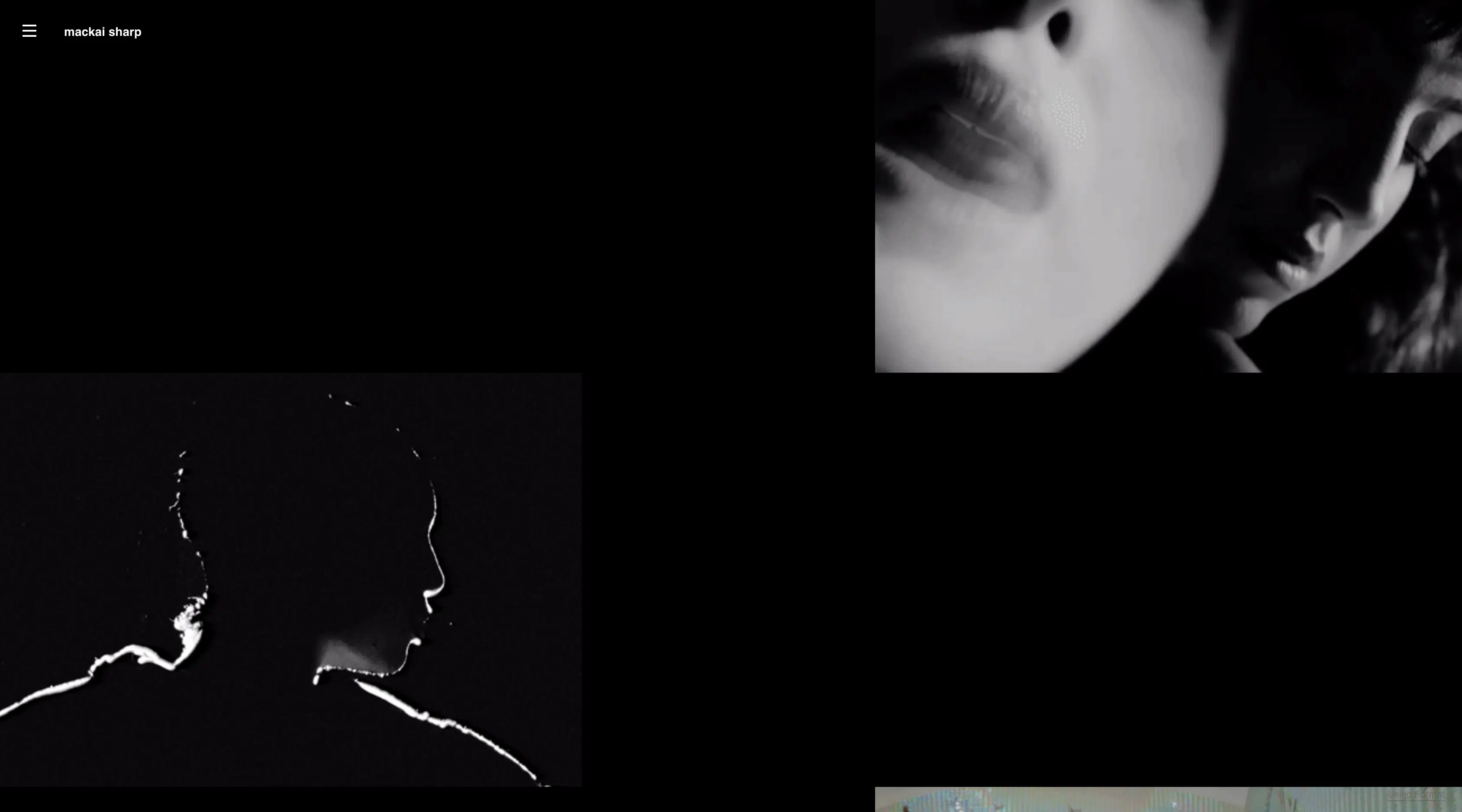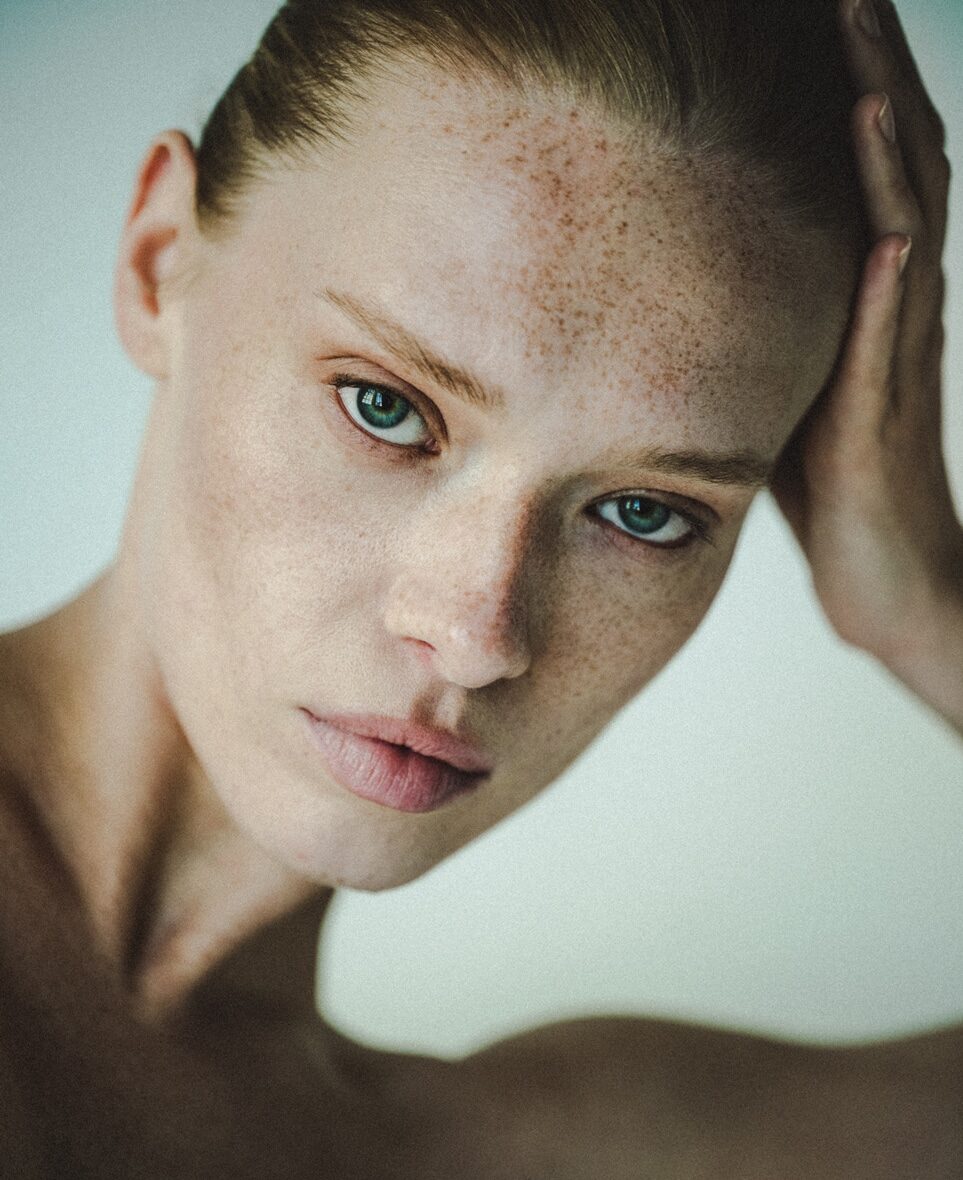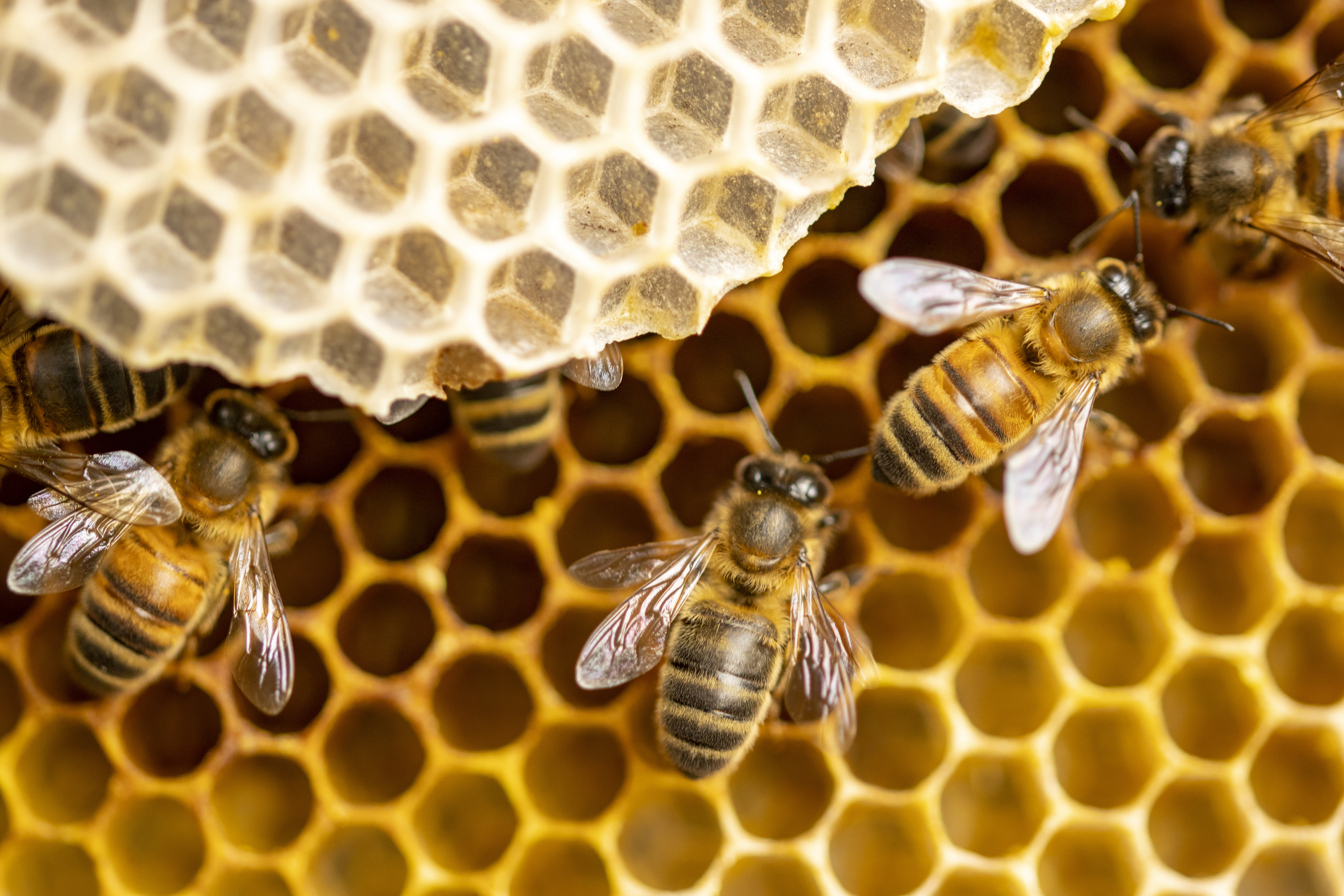Women photographers have come a long way since the early pioneers. The English botanist Anna Atkins (1799-1871) is considered to be the first female photographer but there were many others. Frances Benjamin Johnson (1964-1952) was the first woman to open a studio in Washington DC.
And, when it comes to photojournalism, which began as a male-dominated field, we now see a more significant contribution from female photographers – and certainly, more than they get credit for. Just take a look at these Trailblazers of Light – women who pursued their passion for visual storytelling with dogged determination and often against the odds – and get inspired.
Today, 61% of professional photographers in the US are female, and women are breaking through boundaries all over the place. But, if you thought the gender war was won, think again. Here’s a recent interview with award-winning Mexican sports photographer Eloisa Sanchez, who shares this insight:
“As women, society forces us to constantly demonstrate that we can achieve the same level as a man when they are not even questioned if they can do it or not. Having to put up with belittling and patronizing comments, harassment, the demeaning of our achievements, fewer opportunities, a lower salary, being denied coverages and trips for the simple fact of being women, and above all this also having to prove that you can be equal or better than a man is a very heavy burden.”
Eloisa Sánchez @saudadelo
The uncomfortable truth is that female photographers are still routinely subjected to gender stereotyping, often struggling to be fully accepted and respected for their technical skills and artistic achievements, both by male colleagues and clients. If you are an aspiring or accomplished photographer, you need to be prepared to deal with this. We’ve put together some of the typical questions you can expect to encounter that are both compromising and undermining to women photographers’ professionalism and sense of belonging within the industry.
How to know if you’re being taken seriously enough?
On the surface, this sounds like an innocent enough question but in certain contexts, it can also be a conversation opener designed to suss out how much you know about the equipment you’re using and your knowledge of photo kits in general. As far as some men are concerned, “women aren’t supposed to know their tech”. Other forms of this question might be ‘Why did you choose that one?’, ‘What do you think about this other brand/model (that you’re not using)?’, ‘What’s your view on this (random) piece of gear?’, and the classic question ‘Do you shoot film?’
Ultimately, the point of the questions is to establish if you’re just a woman with a fancy camera “playing photographer” or if you’re to be taken seriously as a professional. It may also present as a quiz disguised as a conversation with the hope that you’ll slip up confirming the original belief that you don’t really know your stuff! What’s more, there’s an elitist assumption among many industry insiders that all ‘true’ photographers shoot on film, although this assumption is not necessarily tied to gender. So, if you state that your preferred medium is digital, it confirms their preconceived notion that you may only be playing at photography.
Now you may be thinking, it’s normal for photographers to “nerd out” about their gear, and of course, there is nothing wrong with that. The problem lies in the intent of the question and whether it minimizes the knowledge or skill of the receiver.
‘What do you shoot – weddings, maternity, newborns?’
The real question here is whether the (usually male) person asking is interested in finding out about your work or whether they’re quick to pigeonhole you on account of your gender. Is the assumption that all women are feminine and maternal, and interested in getting married and having babies? – or at least in taking photos in that genre? It’s an outdated view that is unfortunately still circulating widely.
Many women photographers are working in commercial and industrial fields or niche areas such as food, architecture, fashion, sport, product, etc, or indeed as photojournalists or artists, making successful careers in their chosen fields. And while many women specialize in wedding photography, family portraits, or newborn photo shoots, it is deeply disappointing and disheartening that their wider competence should be undermined in this way.
‘How do you manage your career with having kids?’
If you were in a job interview, you shouldn’t be asked whether you are (or are planning to) get married or have kids as it’s illegal to use the information to decide how ‘dedicated’ an employee you would be. So why would a male photographer colleague feel it’s OK to ask you the same question? Is the assumption that you couldn’t possibly be as professionally committed as a man because you would always put your family or relationship status first? Wives and mothers are expected to justify that too often.
Interestingly, husbands or fathers rarely get asked this invasive question. They are entirely free from the expectation that they should put family commitments first, and their character or professional commitment is not judged by the inability to go to parents’ evenings or school plays.
‘Can I help you with that?’
This question can take many different forms. In essence, receiving an offer to help lift heavy equipment can be a nice gesture but why do many male photographers assume that professional women photographers aren’t capable of moving their own gear? This question can be perceived as patronizing, and the “damsel in distress” concept is antiquated and misplaced – especially between professional colleagues in the same field. That’s not to say photographers of any gender don’t want a helping hand at times, but it’s important to call attention to how this gesture can be perceived.
Much worse are incidences of ‘mansplaining’ – “where a man condescendingly explains something to a woman, assuming she doesn’t have any prior knowledge. Often, it just so happens to be something where the woman knows more than her male antagonist.” This is far more widespread than one might think. What’s more, mansplaining often centers around the most basic aspects of photographic technique or how the gear works – something every well-educated female photographer will understand only too well.
How to shatter outdated female stereotypes?
It’s evident that the above questions and many others like them can undermine the confidence and ability of professional women photographers, whether this is a subconscious behavior or a deliberate action. While celebrated icons, such as 19th Century British travel writer Gertrude Bell broke down stereotypes to inspire new generations of female travel-loving photographers there are still inroads to make.
We acknowledge that not every male photographer who asks questions like these is undermining the ability and professionalism of female photographers or creating a toxic work environment. That being said, it’s important to keep these things in mind regardless of the intent of the person asking the question. It’s contributing to the problem if the receiver perceives the comment as demeaning. Clearly, there is still some way to go until we’re ready to move beyond gender tests and questions, seeing and supporting each other as esteemed colleagues.
The photography industry is moving towards an even male and female split. And with that, it’s important to break down the old stereotypes. More than that, your positive actions will have consequences that benefit other and all women in the industry, now and for generations to come.
Here are a few things to keep in mind:
- Know and value your strengths: Inner confidence is a key ingredient for professional success. Whether it’s through upbringing or personality, you may find it easier to be humble about your abilities and understate your competence – but instead, find out what makes you unique as a photographer and businesswoman and claim your worth. Let people know exactly why you are the one they should hire and why you’re the best photographer for the job.
- Stand out from the crowd: Being in the minority – even being the only female in the room – can be a daunting experience, but rather than comparing yourself to male colleagues and worrying about being “good enough” (these are limiting beliefs), focus on standing out. A part of this can be about how you brand yourself and your business, but it’s also about mindset. What do you have that they don’t? What perspectives can you bring to the table that make you different, more interesting, more capable? Showcase your power as a female photographer with an individual approach and unique insights.
- Advocate for yourself: At the end of the day, you need to be vocal about who you are and what you stand for. For instance, rather than apologizing for having to juggle work and motherhood, be open about your childcare needs and solutions, and work around them. There are thousands of women photographers, (and male photographers) that have successful businesses and still nurture their families and personal relationships. It’s also important to build a network around you that you can support and who can support you, like female photography or entrepreneur groups. Community is essential. It’s time to do away with the myth that women cannot be both successful business owners and successful parents by showing them that you can!
About the author:
Annie Button is a UK freelance writer based in Brighton. She specializes in business development, branding, digital marketing, leisure, and HR. An English Literature graduate, Annie has written for a variety of prestigious online and print publications and is always looking to expand her writing portfolio. See more of her work at anniebutton.co.uk or on Twitter: @anniebutton1994
